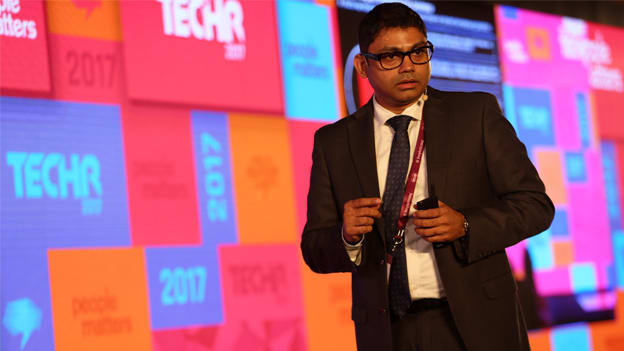Building a digital mindset - Rewriting the rules for a digital age

Let’s begin with taking the example of Netflix. In 1998, the company started off as a DVD rental business and soon by 2004 they invested in streaming technology – video on demand business. They started to disrupt their technology with what is called now the micro-services. When everybody was moving towards Enterprises Resources Panning (ERP), Netflix was creating their own software – which now is called Apps. Their business case was woven into a business model.
They were creating a connection with the digital mindset.
In the Deloitte’s paper on Aligning the organization for its digital future, they wrote, “Preparing for a digital future is no easy task. It means developing digital capabilities in which a company’s activities, people, culture, and structure are in sync and aligned toward a set of organizational goals. Most companies, however, are constrained by a lack of resources, a lack of talent, and the pull of other priorities, leaving executives to manage digital initiatives that either take the form of projects or are limited to activities within a given division, function, or channel.”
“Despite this, some companies are transcending these constraints, achieving digital capabilities that cut across the enterprise. Our research found that nearly 90% of digitally maturing organizations — companies in which digital technology has transformed processes, talent engagement, and business models — are integrating their digital strategy with the company’s overall strategy. Managers in these digitally maturing companies are much more likely to believe that they are adequately preparing for the industry disruptions they anticipate arising from digital trends.”
Rewriting the rules for Digital HR: “While none of the HR’s prior responsibilities has gone away, HR departments today are under pressure to rewrite the rules by redesigning talent practices, from recruiting to leadership to performance management; by experimenting with digital apps; and by building a compelling employee experience. All this must be done with a focus on redesigning the organization around teams, implementing analytics and organizational network analysis, and driving a global focus on diversity, culture, learning, and careers.”
“Digital HR is built on innovation and experimentation. As companies become networks and the employee base becomes both older and younger, new approaches are needed in almost every HR domain. Companies often now use hackathons, rapid design groups, and both prototypes and “minimally viable products” to roll out pilot HR programs.
Design thinking has gone mainstream. Rather than deliver HR programs designed around legacy business processes, HR teams now study employee needs across all segments: hourly workers, salaried employees, managers, executives. Instead of traditional career models, HR is offering journey maps and replacing complex processes with local practices based on an integrated platform.”
(This article is curated from the session by Ankur Walunjkar, Consulting, Human Capital, Deloitte at the session “Building a Digital Mindset” at TechHR’17)

















